
Azmi Bishara: Democracy can still be saved in Tunisia
Editor's note: Dr. Azmi Bishara, director of the Arab Centre for Research and Policy Studies, commented on the developments in Tunisia on his Facebook page, after President Kais Saied announced that he was suspending parliament for 30 days yesterday. He also declared he was lifting ministerial immunity and sacking Prime Minister Hichem Mechichi, declaring that he himself would assume executive authority with the help of a new Prime Minister. The move has been decried as a coup against the constitution by Tunisia's largest party Ennahda and other opposition groups.
Dr. Bishara emphasised that democracy is under threat, pointing out that the alternatives being aired currently are not between a ‘parliamentary’ or ‘presidential’ democracy, but rather between democracy and a return to dictatorship. He stressed that commitment to democracy and its defence must not bow to partisan divisions. He made the following points
This is part 1, read part 2 here, and part 3 here.
1 – Defending democracy is a task for the Tunisian people and civil society, not a matter of partisan divisions. Commitment to a democratic regime is not a partisan issue.
2 – No constitutional or legal expert of any standing has agreed with President Saied’s interpretations of the constitution since he took office. In general, discussion of parts of the constitution with those who oppose the constitution in its entirety is a futile pursuit. Saied’s interpretation of the constitution is actually a cover for enacting anti-constitutional steps.
Defending democracy is a task for the Tunisian people and civil society, not a matter of partisan divisions. Commitment to a democratic regime is not a partisan issue
3 – In Tunisia, the systematic obstruction of parliament and government functioning has been underway. This has included: a failure to consult the parliamentary blocs when appointing a prime minister; an attempt to remove the appointed prime minister when he didn’t follow presidential orders even though the matter was not part of his remit; the president’s refusal to allow ministers to take their oaths of office – transforming superficial procedures into a fundamental issue; the president’s refusal to establish a constitutional court to handle disputes between different authorities, instead appointing himself judge and jury; repeatedly blurring the lines between different governmental authorities; and attempts to involve the army in politics.
In addition to this are the following: the president's populist posturing and feigning of anger against corruption; the lie about the assassination attempt which was never followed up; the president's self-presentation as humble to cover up his overflowing narcissism and unbridled desire to govern alone and his adopting of a blatantly populist tone when attacking institutions, parties, elites and politicians as though these attacks are not political. There have also been attempts to disable parliament sessions by representatives of what remains of the constitutional party, and although they didn’t succeed, they created the impression that parliament was in chaos, although this was untrue.
4 - The alternatives being aired currently are not between a ‘parliamentary’ or ‘presidential’ democracy, but rather between democracy and a return to dictatorship. President Saied was never known for his opposition to it when Zine El Abidine Ben Ali ruled Tunisia and in fact he boasted that he had never cast his vote in any of the elections during Tunisia’s democracy. He also has not hidden his admiration of some models of dictatorship. It is also to be noted that his proposals for a different constitution for Tunisia resembled the model of the revolutionary committees which provided a cover for the dictatorship in Libya – or at least, they appear to share the same mentality.
5 – Some of the Tunisian parties prioritised political rivalries and the settling of scores over a commitment to democracy. This was a grave mistake.
#TheNewArabTunisiaUpdates: The New Arab is providing live and regular updates from Tunisia after President Kais Saied announced that he had suspended parliament and dismissed Prime Minister Hichem Mechichi late on Sunday.https://t.co/YT5PaRrwMn
— The New Arab (@The_NewArab) July 26, 2021
6 – The attempt has not succeeded yet and the outcome of the matter depends on the response of the Tunisian people. It also depends on the degree of cooperation the army and state security apparatus show to go along with the steps President Saied has taken. It is premature to judge the response the army will take on this issue.
7 – The president’s actions had been prepared in advance, openly, and so were to be expected. It would be surprising if those who saw this coming had not prepared themselves for this scenario.
8 – The use of violence to counter this attempt is extremely unlikely. Whether the army goes along with the president’s actions depends on what happens on the Tunisian street, and will also be influenced by whether the majority of parliament manage to unite in rejecting the steps.
9 – Democracy can be saved in Tunisia.
Azmi Bishara is a Palestinian intellectual, academic and writer. Follow him on Twitter: @AzmiBishara
Opinions expressed in this article remain those of the author and do not necessarily represent those of The New Arab, its editorial board or staff.
Have questions or comments? Email us at editorial-english@alaraby.co.uk
This is an edited translation of what first appeared as a post on Dr. Bishara's Facebook page. To read the original text click here.
Translated by Rose Chacko
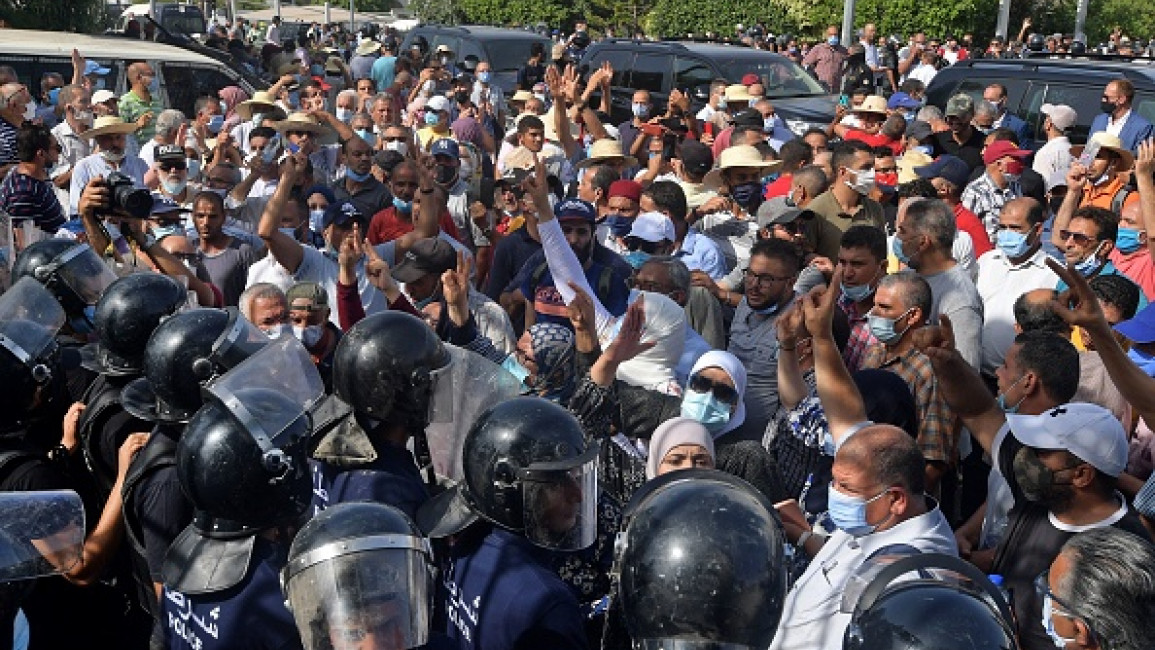
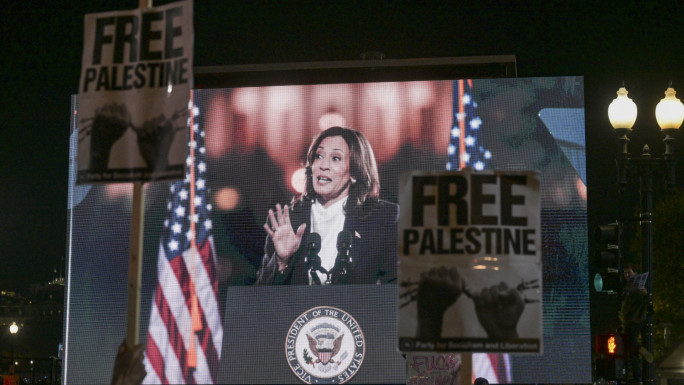
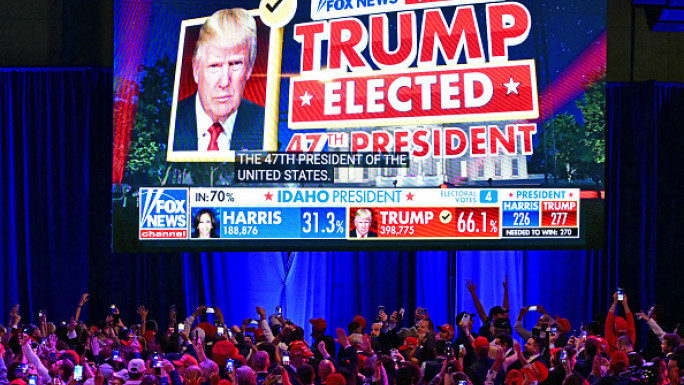
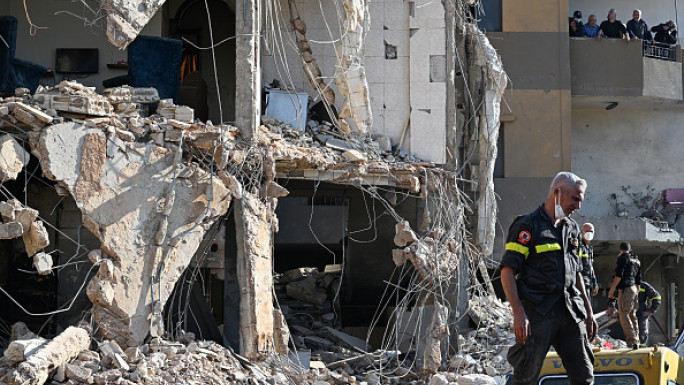
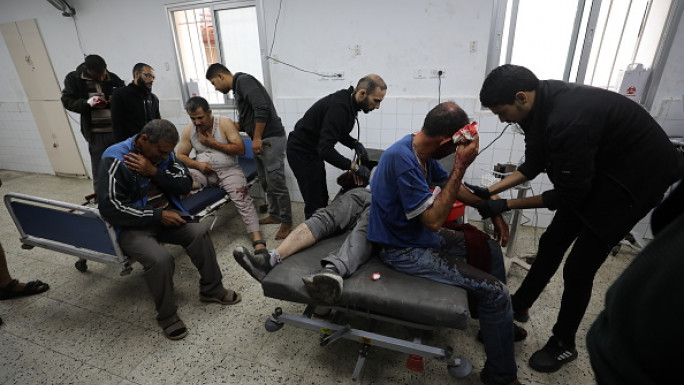
 Follow the Middle East's top stories in English at The New Arab on Google News
Follow the Middle East's top stories in English at The New Arab on Google News


